

Dr. Adetunji Oredipe, the World Bank FADAMA Team Leader, gave the commendation in Abuja while speaking with News Agency of Nigeria on Tuesday.
Oredipe said this year alone, a total of 47,505 beneficiaries — 35,382 males and 12,123 females – had benefitted from the programme under its additional financing phase.
He said the Third National FADAMA Development Project (FADAMA III) had achieved its aims and objectives, particularly those relating to the sustainable increase of the incomes of FADAMA users.
He said: “This has been achieved by increasing the incomes of FADAMA users; the project has aided efforts to reduce rural poverty, boost food security and contribute to the achievement of a key objective of the Millennium Development Goals (MDGs).
“The project has sustainably increased the incomes of FADAMA resource users by directly delivering resources to the beneficiary rural communities in efficient and effective ways.
“It has also empowered the communities to collectively decide on how resources are allocated and managed for their livelihood activities, while participating in the design and execution of the sub-projects of the programme.”
Oredipe noted that the farmers now had a voice in the discourse on national issues, as they were grouped under the Federated FADAMA Committee Association.
“In terms of historical background, World Bank can conveniently say it has been a good story as to the FADAMA project and we commend the efforts of the Federal Government in implementing the project beyond the estimated target of 300,000 participants,” he said.
He noted that a lot of money had been spent on the execution of the FADAMA programme in Nigeria, adding, however, that the huge investment could be justified with what was on the ground.
Oredipe said: “This can always be improved upon, when you look at the result of FADAMA I, it is encouraging as many farmers were empowered and were able to produce all year round, during the wet and dry seasons, thereby boosting their productivity and income.
“FADAMA II also came out clearly as a success story and the third phase is nothing different, as reflected in the interim report.”
Oredipe said at inception, FADAMA III had a target of 300,000 beneficiaries, adding that at the moment, the number had doubled because the project was extended with additional financing.
He said: “The additional financing is an opportunity to demonstrate how the World Bank group can support Nigeria to drive its Agricultural Transformation Agenda.
“One can see the high level of commitment and political support which the project garnered from the three tiers government and the participants.”
The World Bank official said the additional financing phase of FADAM III was particularly used to boost the income of the users of rural lands and water resources within the FADAMA areas in a sustainable manner throughout the country.
Tayo Adewunmi, the National Coordinator of the FADAMA programme, said the programme was executed in line the World Bank’s vision and strategy for Nigeria.
Adewunmi said the programme was implemented via a participatory approach so as to promote community ownership, while ensuring that the programme was financially and economically viable, technically feasible, socially desirable and environmentally sound.
The coordinator said the FADAMA III project, which was supposed to cover 300,000 beneficiaries, had been extended beyond the initial six core states that were selected to drive the transformation around the four value chains.
He added that the states were Kogi, Niger, Kano, Anambra, Enugu and Lagos.
He said the ongoing FADAMA III project, which was supposed to wind up in 2017, had been extended to 2019 because of the interest shown by the states and the response of the north-eastern states, which were hitherto affected by the Boko Haram insurgency.
Adewumi said that it was an indication that many more people were showing interest in the programme, thereby increasing the number of its beneficiaries.
He said that apart from the $200 million, which was initially earmarked to finance the FADAMA III programme, additional $50 million was set aside to further fund it to cater to the needs of the six north-eastern states that were troubled by the insurgency.
Adewunmi said out the additional funds, Borno State received $12.5 million; Yobe State got $10 million; and Adamawa State got $7.5 million; while Bauchi, Taraba and Gombe States were given $5 million each.
He said: “The remaining $5 million is for consultancy, operational costs, research and studies as well as the running of the national office.”
He said that the FADAMA III project had been a success story because of the institutional structures, which the World Bank put in place to drive the project.
Adewunmi said: “To ensure sustainable results, World Bank has designed the project with several components, which include capacity building, project management, monitoring and evaluation.”
Adewunmi noted that the components of the project also involved capacity building of farmers and local governments, as well as giving communications and information support.
He said another component of the project entailed the provision of infrastructure, advisory services and input support.
He added: “Under this component, the project provides advisory services and support to empower FADAMA users — farmers/pastoralists and other economic interest groups (EIGs) — working within their organisations and through their local government councils.”
Adewumi said incoming reports indicated that the FADAMA programme had boosted the farmers’ income as well as their access to water resources, while empowering women in rural communities.
He said the project was not only focusing on agricultural production, adding that it was also aimed at processing produce for marketing, in line with the Federal Government’s Agricultural Transformation Agenda.
TRENDING NOW
- CLICK HEREto join our BBM Channel for juicy updates & free giveaways
- Top 8 Most stylish Kings in Nigeria – 2 of them use the most expensive Rolls Royce cars (With Photos)
- Emeka Ike releases list of Nollywood producers who sleep with actresses – The list will shock many
- 21 World famous celebrities you never knew were Nigerians – This will shock you! (With Pictures)
- 15 Nigerian billionaires that own private Jets -Number 3 has up to five Aircrafts (With Pictures)
- 10 world’s richest people of all time – Bill Gates is not even on the list & #7 is an African (With Pics)
- The 13 most feared criminals in the world right now – #3 is Nigerian and this will make you shiver (With Pictures)
- Nigerian celebs and the breathtaking houses they live in – Genevieve’s crib is crazy! (With Photos)
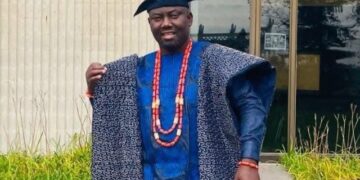
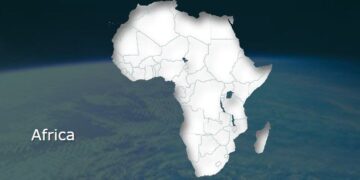


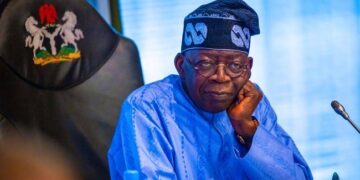
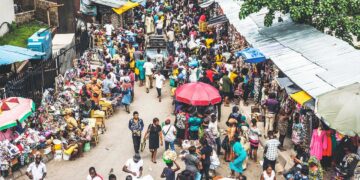

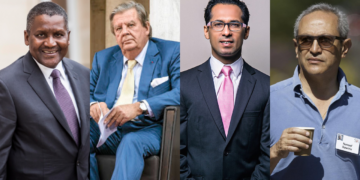



























Discussion about this post